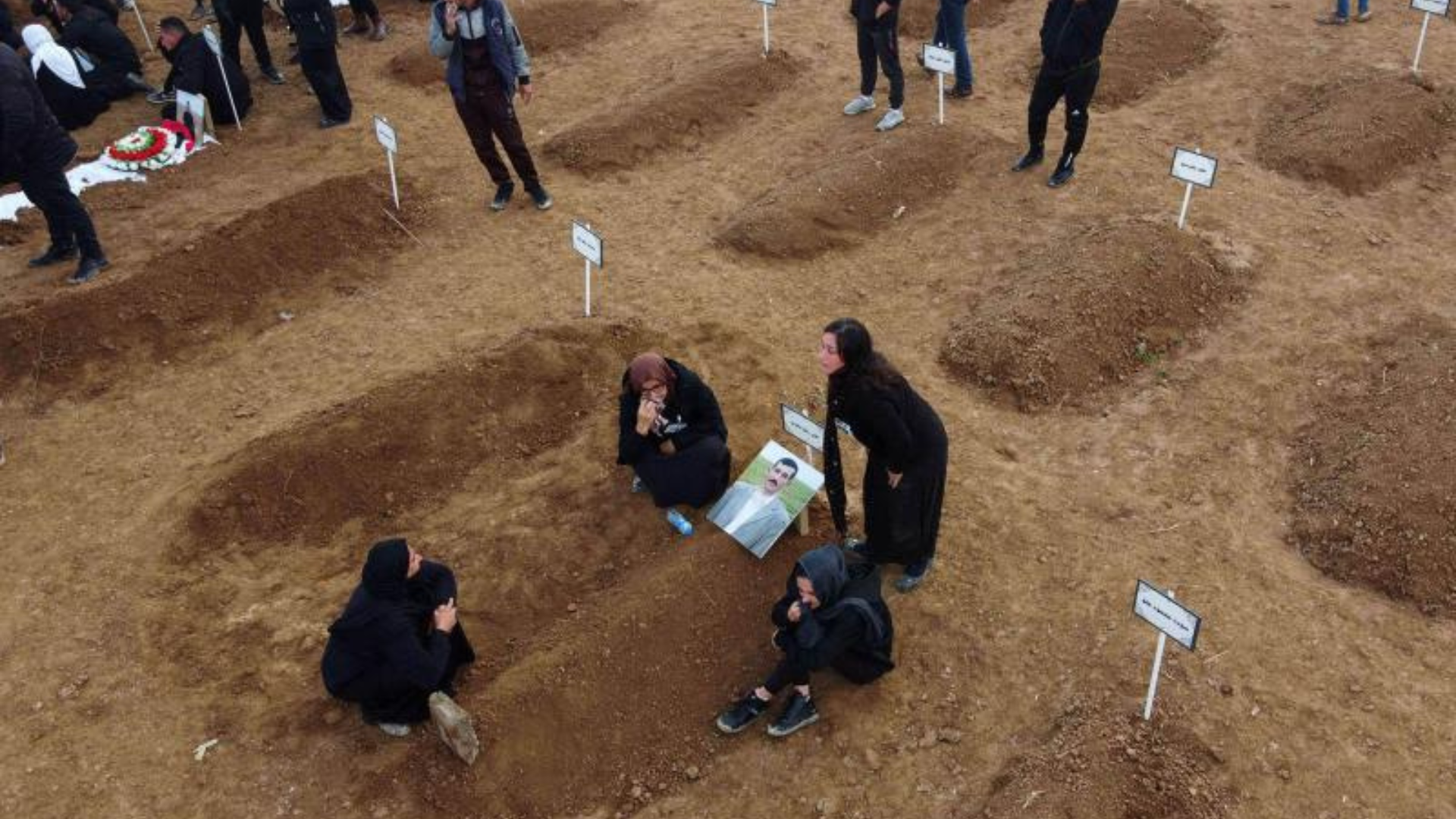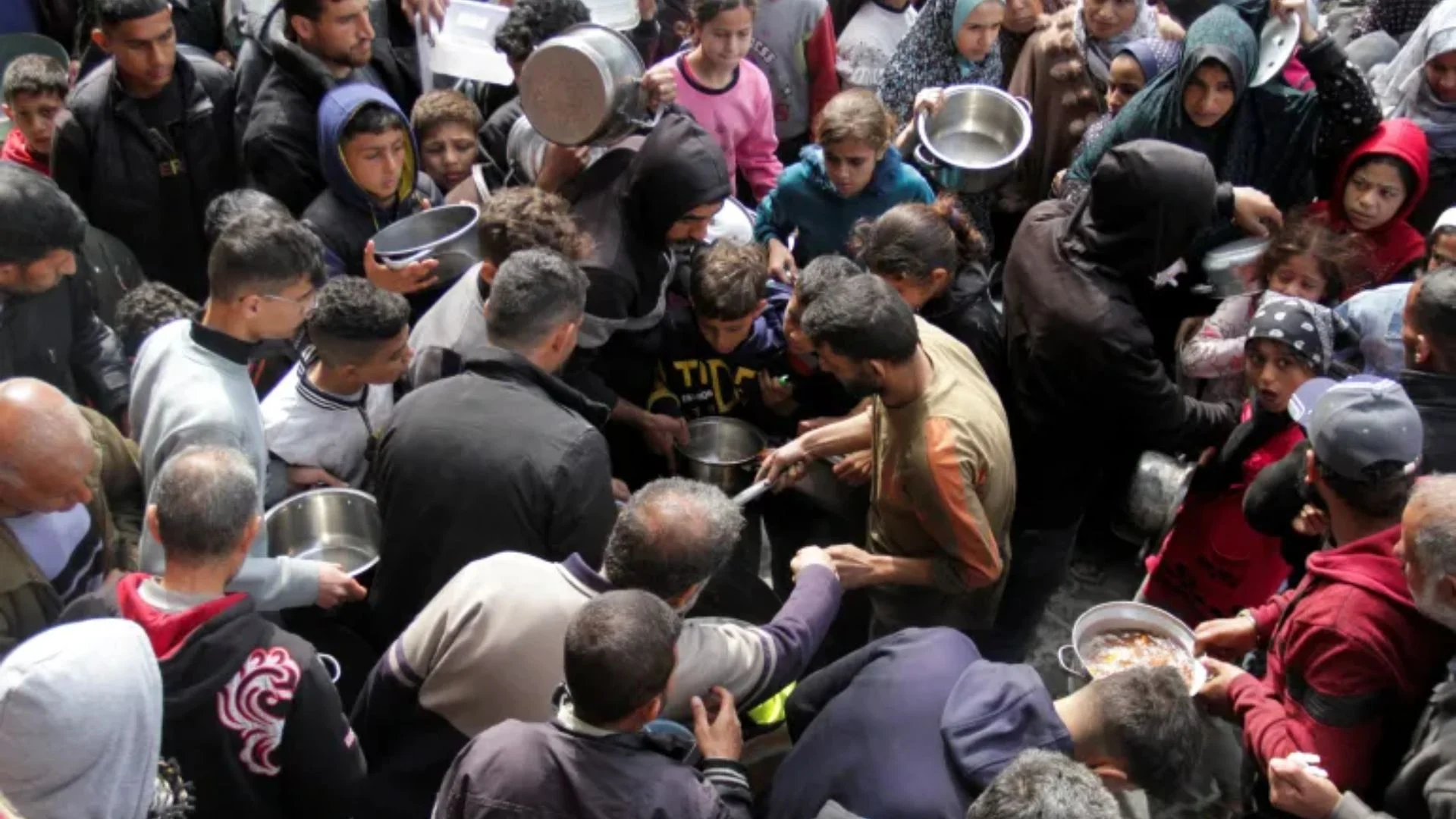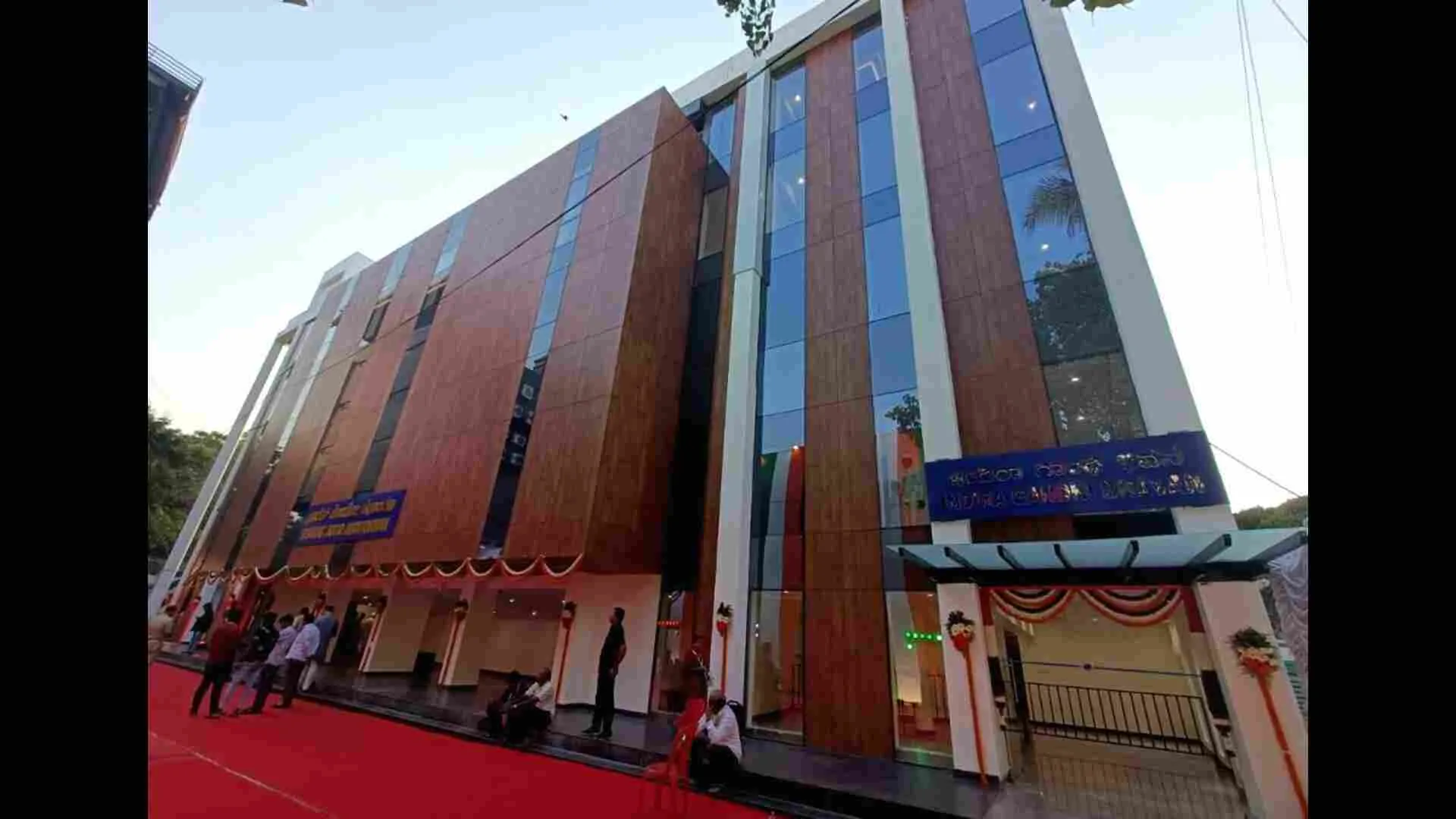In a devastating discovery, Iraqi authorities have exhumed the remains of 139 individuals from a large pit in Tal Afar, believed to be a mass grave used by the Islamic State (IS) group. The Alo Antar hole, a natural desert formation located approximately 70 kilometres (40 miles) west of Mosul in northern Iraq, was turned into a mass burial site by IS jihadists.
The director of the mass graves department at the Foundation of Martyrs, Dia Karim, confirmed the recovery of the remains and additional human body parts. “They include women and men,” Karim stated, noting that testimonies suggest the victims date back to IS rule or earlier, during the presence of Al-Qaeda in the area.
Karim added that testimonies indicate the victims were likely Yazidis, Shiite Turkmen, and security forces personnel from Mosul, IS’s self-declared “caliphate” capital. At the height of their power, IS fighters committed severe atrocities, including beheadings, torture, and enslavement, leaving behind numerous mass graves.
In particular, the Yazidis, an ethnic and religious minority, suffered some of the worst atrocities, including mass executions and sexual slavery. Ahmed al-Assadi from the Foundation of Martyrs revealed that the victims “were not buried but dumped in the hole,” which ranges in depth from 42 to 12 meters. Many had been shot or had their throats cut, and some were found in body bags.
Clothing found on some of the bodies indicated they might have been Yazidis or Turkmen, and others were wearing orange jumpsuits typically associated with IS hostages. The remains were taken to forensic departments for DNA testing to identify the victims.
The mass grave was discovered after Iraqi forces reclaimed the area in 2017, but recovery efforts only began in May of this year. While Iraqi authorities frequently announce the discovery of IS mass graves and those dating back to Saddam Hussein’s rule, the identification process remains slow, costly, and complex.
The United Nations estimates that over 200 mass graves, possibly containing up to 12,000 bodies, were left behind by IS jihadists. Similar sites, such as the al-Khasfa sinkhole in northern Iraq and a 50-meter-deep gorge in northern Syria, are believed to contain numerous IS victims.






















